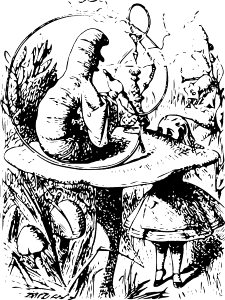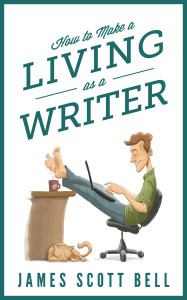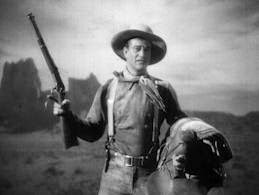
Photo credit: Pexels -Vlada Karpovich
By Debbie Burke
A February 2023 article in The Guardian gives hope to us writers of a certain age. According to the story, “older, unpublished writers are now at a premium – with radical, edgy women aged into their 80s particularly sought-after.”
During the economic downturn that began in 2008, mergers and downsizing of publishing companies led to many older, experienced editors being culled to reduce costs. If they were replaced, new hires were younger people willing to work for less money.
Because of that, publishing tended toward a youth-oriented culture. Many agents and editors are Millennials (1981-1996). That led to significant ageism, with older writers being shoved aside unless they were already big-money successes.
I know of one seasoned author who reported a rejection where the agent said, “Your turn is past.”
Wow.
At a conference several years ago, I pitched a twentyish agent with a book in my Tawny Lindholm Thriller series that stars characters in their 50s. In conversation, there was a passing mention of AARP. She authoritatively informed me, “You can’t join AARP at fifty.”
Oh really? That’s news to all the people who receive solicitations to join around their 50th birthday.
Her incorrect statement was one reason I decided to end the quest for traditional publication and self-publish instead. I didn’t need to fight another uphill battle in the face of arrogant ignorance.
But recently “old” has become cool.
A prime reading demographic are Boomers (born between 1946-1964). They are retiring at increasing rates, have discretionary income to buy books, and time to read them. And they are interested in substantive topics of health, family, giving to others, and quality of life, rather than the celebrity scandal du jour.
Lisa Highton, an associate agent at Jenny Brown Associates, says: “The vast majority of books are bought by women aged 45 and above. They’re a hugely important demographic and increasingly, want to see themselves represented in books.” She adds, there is “value [in] their collected, distilled wisdom, their lifetime of reading and radicalism that is not possible for younger writers.”
According to Cherry Potts, Arachne Press, there is a “very willing readership” for the work of older women “including that most elusive of reader: the white middle-aged man”.
Leading the trend are a number of recent bestsellers by older women like the debut novel by Bonnie Garmus, Lessons in Chemistry and The Paper Palace by Miranda Cowley Heller. The latter book features characters in their 50s and addresses the long-taboo subject of senior sexuality.
An 81-year-old friend, Marie F. Martin, just completed her seventh novel, a mystery set in 1952 on a Montana farm. She didn’t start writing until she was 70 and has learned, refined, and honed her craft to a high gloss. The latest is her best book yet.
Marie caught the self-publishing trend early on and did well with six books. For her seventh, she decided to query agents and publishers. Again, she’s on the leading edge of a trend. I hope she’s accepted and achieves success—she’s earned it. But, if not, she won’t be disappointed. She’ll self-publish again. Marie’s equanimity carries her over the rollercoaster of despair and elation that goes with a writing career.
In my last post, “Editor/Janitor”, I mentioned retired newspaperman George Ostrom.
Since then, I saw George and his wife having dinner at the senior community where they live. He’s now almost 95 and in declining health. During his long newspaper career, he had a reputation for calling out BS, sometimes to the angry dismay of prominent citizens.
That evening, I went over to their table, introduced myself, and kiddingly asked him, “Are you the Editor/Janitor of the Kalispell Weekly News?”
An awkward hesitation followed.
Uh-oh. By trying to be funny, had I inadvertently embarrassed him?
“Why?” he finally asked. “Do you wanna hit me?”
To my great relief, his humorous spirit remains intact.
Like wine, writers improve with age. Unlike athletes, writers don’t peak in their 20s and 30s then go downhill.
The longer writers live, the more problems we’ve had to solve, the more fascinating and frustrating people we’ve known, the more experiences we’ve enjoyed or suffered. That huge reservoir adds richness, texture, and depth to the stories we create.
Insight and wisdom are hard-earned. By sharing those gifts with readers in books, articles, and blog posts, writers can shine a light on truths that lead to realization, understanding, and empathy for the human condition. Those truths endure through time.
Take heart, senior writers. Contrary to the rejection cited above, our turn is not past.
~~~
TKZers: Have you experienced ageism when submitting to editors and agents?
Who’s your favorite senior writer?
~~~

The lead characters in the Tawny Lindholm Thriller series are still kicking ass in their 50s. Please check out the new release Deep Fake Double Down, on sale now at Amazon and other major booksellers.




